Serge Poliakoff - Abstract Beach - Original Lithograph Published in the deluxe art review, XXe Siecle 1968 Dimensions: 32 x 24 cm Publisher: G. di San Lazzaro. Serge Poliakoff B. 1900, MOSCOW, RUSSIA; D. 1969, PARIS Serge Poliakoff was born the 13th child of 14, on January 8, 1900, in Moscow. His father bred horses and supplied the czar’s cavalry. Raised by a religious mother, Poliakoff attended church almost daily as a child, and the strong colors and contemplative, mimetic power of religious icons would fascinate him for his entire life. He took drawing lessons from age 14, part of a cultured upbringing that abruptly ended with the 1917 Russian Revolution. He fled the Moscow Institute of Painting, Sculpture and Architecture, eventually arriving in Bulgaria. There, he began to tour Europe during the early 1920s styled as a Russian cabaret entertainer. He continued to perform for the next three decades to supplement his nascent painting career. Poliakoff settled in Paris in 1923 and began to study painting in 1929, at the Académie de la grand chaumière, Académie Colarossi, and Académie Frochot, where he took classes with Othon Friesz, a former Fauve, who may have influenced Poliakoff’s interest in saturated color. Poliakoff’s first group show occurred at the Galerie Drouant-David in 1931 and his first solo exhibition in 1937 at Galerie Zak, both in Paris. He briefly moved to London in 1935, registering at the Slade School of Art in 1936. Returning to Paris in 1937, Poliakoff attended Thursday open salons at Robert and Sonia Delaunay’s studio in 1938 and 1939, and further befriended Vasily Kandinsky. Exposure to this milieu confirmed Poliakoff’s interest in color, one founded on an admiration for Giotto, Simone Martini, Paul Gauguin, and Otto Freundlich. Poliakoff exhibited his first abstract painting in 1938 at his premiere Salon des Indépendants, in which he participated regularly until 1945, when Galerie L’Equisse, Paris, presented a solo exhibition of his work. Alongside Jean Dubuffet, Hans Hartung, and Nicolas de Staël (the latter’s commitment to nonobjective art especially influencing the artist), Poliakoff is regarded as a member of the “new” École de Paris (School of Paris) following World War II. Avoiding empirical, or overly geometric line and form, Poliakoff’s canvases invest in the asymmetrical and expressive qualities associated with Lyrical Abstraction (Abstraction lyrique); Art Informel; Art autre (Art of another kind); and perhaps most often, Tachisme (from the French tache, for blot or stain). He produced so-called plastic poems, works that focused on superimposed colors corralled in linear shapes on the canvas, with hues mediated by texture and tempered by his experiments with monochromatic painting between 1947 and 1950. Poliakoff received the Kandinsky Prize in 1947, and exhibited in the late 1940s at the Galerie Denise René, Paris, alongside contemporaries such as César Domela, Auguste Herbin, and Gérard Schneider. He contrasted rich, almost jewel-like colors in his mature canvases before returning to more subdued tones in the 1960s. After suffering a heart attack in 1965, he began working on smaller format canvas and lithograph. Solo exhibitions appeared at the Circle and Square Gallery, New York (1952), and Palais des beaux-arts, Brussels (1953). Poliakoff worked on scenography for the ballet Contrè-point (1957) with conductor Marius Constant and choreographer Roland Petit. Just after he became a French citizen, a room of the French Pavilion at the Venice Biennale was dedicated to his work (1962). The Whitechapel Art Gallery, London, organized his first major retrospective (1963), and his work was included in the Tokyo Biennial (received the International Award, 1965). Additional important retrospectives were presented at Kunstmuseum St. Gallen, Switzerland (1966); Tel Aviv Museum (1971–72); Musée Fabre, Montpellier, France (1974); and Lorenzelli Arte, Milan (1978). Poliakoff died on October 12, 1969, in Paris.
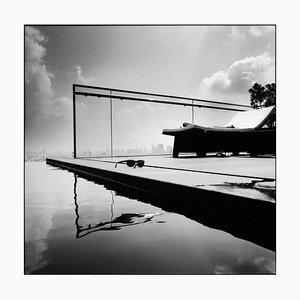
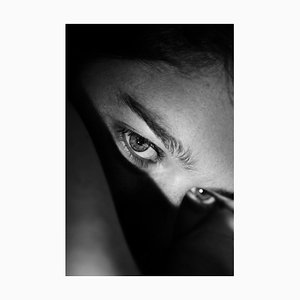
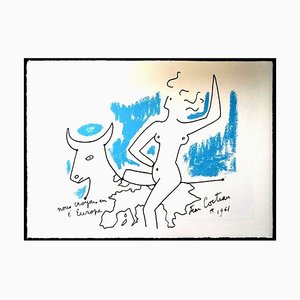
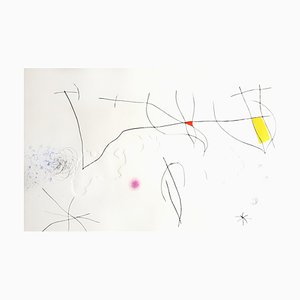
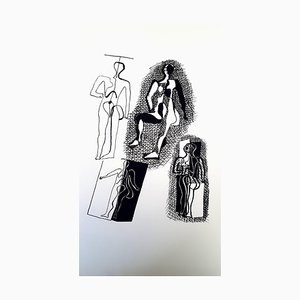
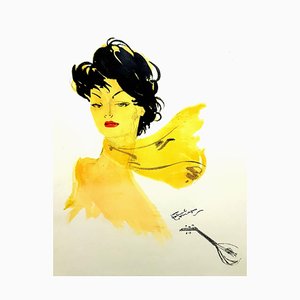
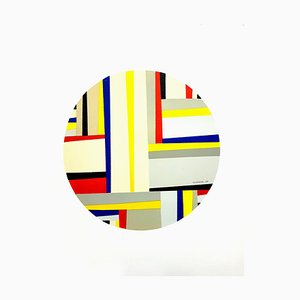
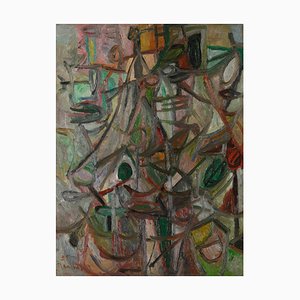
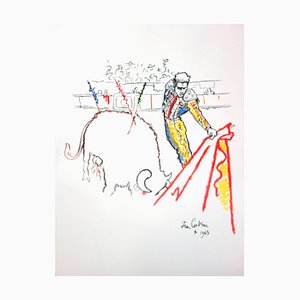
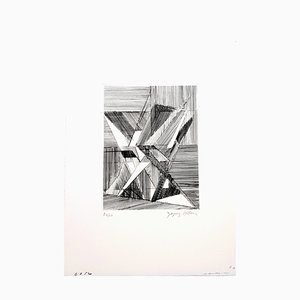

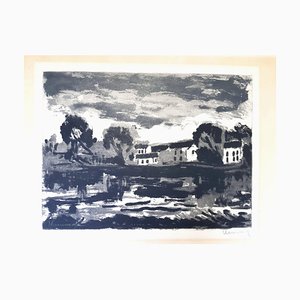
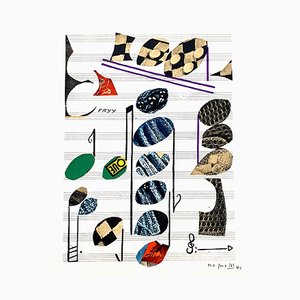
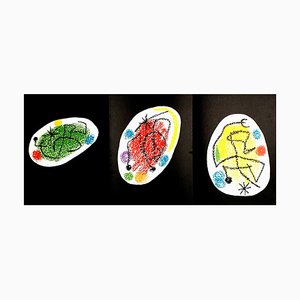
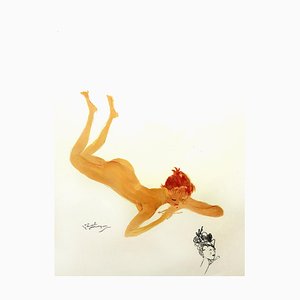
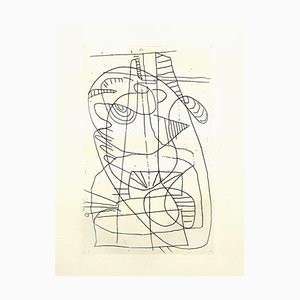

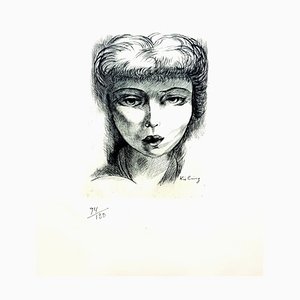
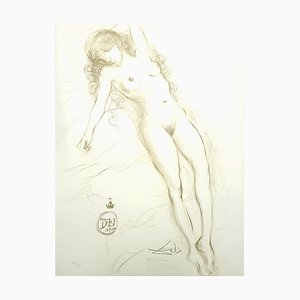
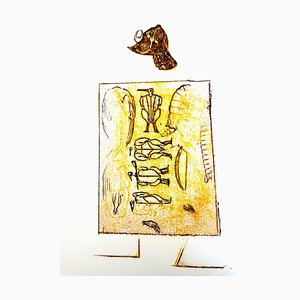
Get in Touch
Make An Offer
We noticed you are new to Pamono!
Please accept the Terms & Conditions and Privacy Policy
Get in Touch
Make An Offer
Almost There!
To follow your conversation on the platform, please complete the registration. To proceed with your offer on the platform, please complete the registration.Successful
Thanks for your inquiry, someone from our team will be in touch shortly
If you are a Design Professional, please apply here to get the benefits of the Pamono Trade Program